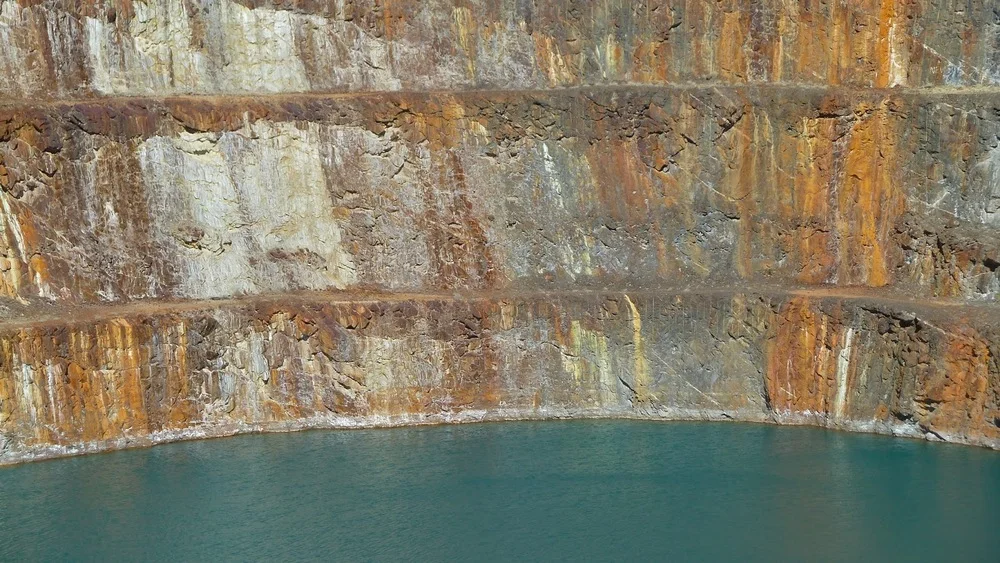Not in Kevin's Corner
Today some old friends and familiar faces reconvened in Brisbane's Land Court as two conservation groups and graziers from Central Queensland began a challenge to GVK Hancock's proposed Kevin's Corner mine in the Galilee Basin. Member Wayne Cochrane presided.
All objections to proposed mega mines in the Galilee, and mines anywhere else for that matter, come down to irreversible groundwater impacts. It was the same in the Alpha case of 2013 and the Carmichael case in April this year, and it is the same in the battle for the Liverpool Plains of New South Wales. Will farmers' bores dry up once the mine is operational; will spring systems cease to be; and will the Great Artesian Basin (GAB), arguably Australia's most crucially important water source, be compromised beyond recovery.
Water is unquestionably the nation's most valuable resource. This continent has an arid climate in more regions than not, and, since climate is changing, drought will become more severe and prolonged. There is currently what has been described as a Godzilla El Niño developing, which will exacerbate the drought already being endured by many farming communities across Queensland and other states.
Other key matters in this case are ecology, economics and cumulative impact assessment (CIA).
Appearing in Court are the North Queensland Conservation Council (NQCC) and the Coast and Country Association of Queensland (CCAQ), the latter represented by the Environmental Defenders Office (EDO), along with Bruce and Annette Currie, beef farmers from near Jericho who are once again bravely representing themselves. Bruce explained why he was fighting the case to the ABC outside the Magistrates Court (top).
Kevin's Corner mine is projected to produce 30 million tonnes of thermal coal a year for 30 years. It is situated in the south Galilee Basin, 360 kilometres southwest of Mackay. The project will have both open-cut and underground operations.
As Damian Clothier (for GVK Hancock) began his opening statement, familiar names, acronyms and issues cropped up: the Rewan Formation and Dunda Beds; disputes between expert hydrogeologists about folding, faulting and recharge; aquifer parameters and groundwater modelling; monitoring bores and trigger levels; EISs, SEISs and MES; the Co-ordinator General's conditions and the Precautionary Principle.
Member Cochrane has a very different style from the judges in previous cases I've attended in the Land Court. He frequently interjected with questions, or required clarification or elaboration. He shared his thoughts with counsel and other representatives: are cumulative impact assessments beyond his remit? Where is the security for landowners (with regard to unpredicted impacts on water)? Modelling is only as good as the extent to which its assumptions are based on reality. Isn't everything he's going to hear from expert witnesses speculative? (Mr Clothier preferred the word predictive.) Could Mrs Tubman (for NQCC) give him an example of a social cumulative impact?
Before Dr McGrath of the EDO began his opening statement, he raised possibly the most intriguing matter of the day, and a conundrum. References had been made earlier by Mr Clothier to how Hancock's lack of a water licence permitting, for example, any impact on the GAB, would protect landowners against an unpredicted loss of water from their artesian bores, and thus necessitate a halt to mining if it occurred. Dr McGrath pointed out that changes to the Water Act introduced by the Newman government (the contentious Water Reform and Other Legislation Amendment Act) due to take effect by default from 6 December this year unless the current Queensland government repeals them (as promised prior to its election last January), mean that mining companies will no longer be required to obtain water licences in order to extract large quantities of water for their projects. This has huge implications for the handing down of Member Cochrane's recommendations in conclusion to this case.
The day's proceedings culminated with Ms Tubman's opening statement and main concern – the failure of GVK Hancock to provide a CIA as specified in the SEIS for Kevin's Corner.
We start half an hour earlier than usual in the morning…



